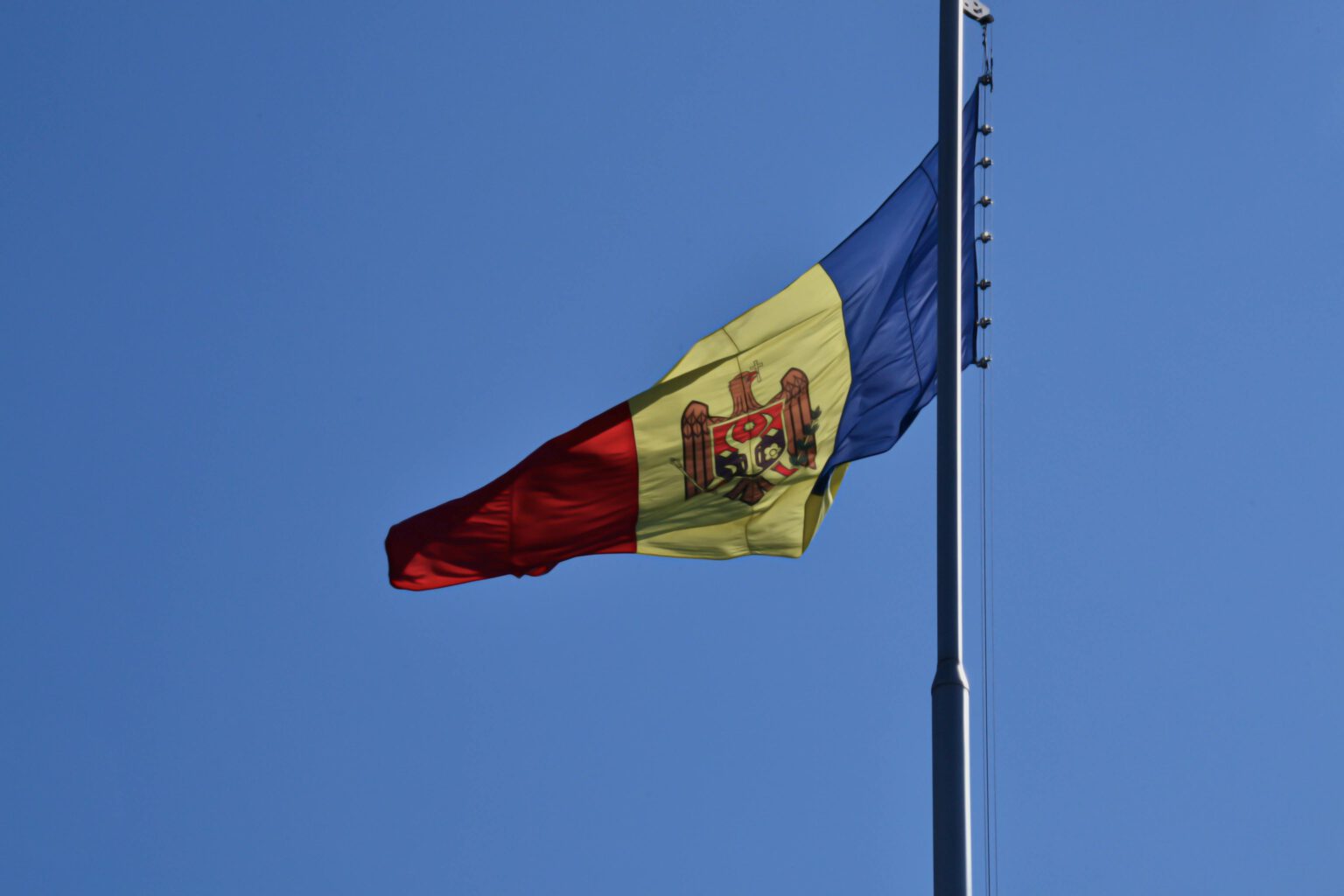Romania’s refusal to recognise trans man’s identity violates fundamental human rights, says top EU legal advisor

On May 7, the Advocate General Court of Justice of the European Union said that Romania’s refusal to recognise changes of forename and legal gender marker acquired in another Member State is contrary to the rights of EU citizens.
The case concerns Arian Mirzarafie-Ahi, a Romanian trans man, with dual Romanian-British citizenship, who changed his name and gender marker in the UK. However, Romanian authorities refused to recognise his new male name and gender identity.
Background
Arian began the legal process of changing his legal gender and name in 2016 and was granted a gender recognition certificate by UK authorities in 2020. At this time, the UK was in the Brexit transition period and still treated as a Member State of the EU. Subsequently, Romania refused to accept the name and legal gender recognition Arian got in the UK and demanded that he go through Romania’s gender recognition procedure. However, the European Court of Human Rights had already found that Romania does not have a procedure for change of name and gender marker that satisfies the European Convention of Human Rights standards of being quick, transparent and accessible.
Requesting that Arian undergo the lengthy, costly and invasive court procedure in Romania could lead to a different outcome (i.e. his gender marker is listed as “female”) leading to him having differing travel and identity documents. This affects Arian’s EU citizenship rights and his ability to travel and reside freely in the EU.
The Advocate General’s opinion
The Advocate General said Romania’s position violates fundamental EU rights to free movement and residence under Article 21 of the TFEU. He argued that EU countries must recognise legal changes to first name and gender markers made in other Member States, as personal identity, including gender, is protected by Article 7 of the Charter of Fundamental Rights and Article 8 of the European Convention on Human Rights.
What’s next
The case is to be decided in autumn. If successful, this case could be a huge win for trans people’s rights and recognition under EU law. It could help other trans people whose legal gender recognition in one Member State is not being acknowledged elsewhere in the EU, enabling them to travel freely, live, work or study across the EU, or even to vote, as any other citizen can. This could also benefit trans people from countries such as Hungary and Bulgaria, where legal gender recognition is banned. If a trans person holds citizenship and legal gender recognition in another EU member state, Hungarian and Bulgarian authorities may be required to recognise the decision and update their documents accordingly for those with dual citizenship.
More info
Trans man’s legal gender recognition case in Romania is referred to CJEU
European Court of Human Rights rules Romania violated trans rights
Support our work
We work with our members to provide essential advocacy, trans community building, and research into issues that affect the lives of trans people. Your support and donations help us continue and expand our work.